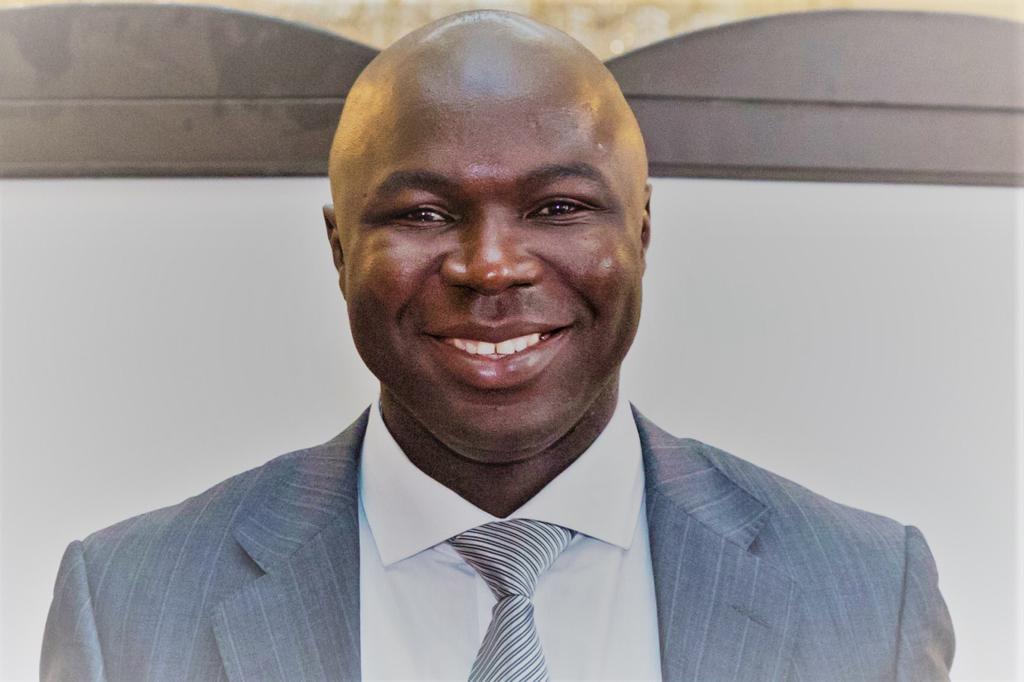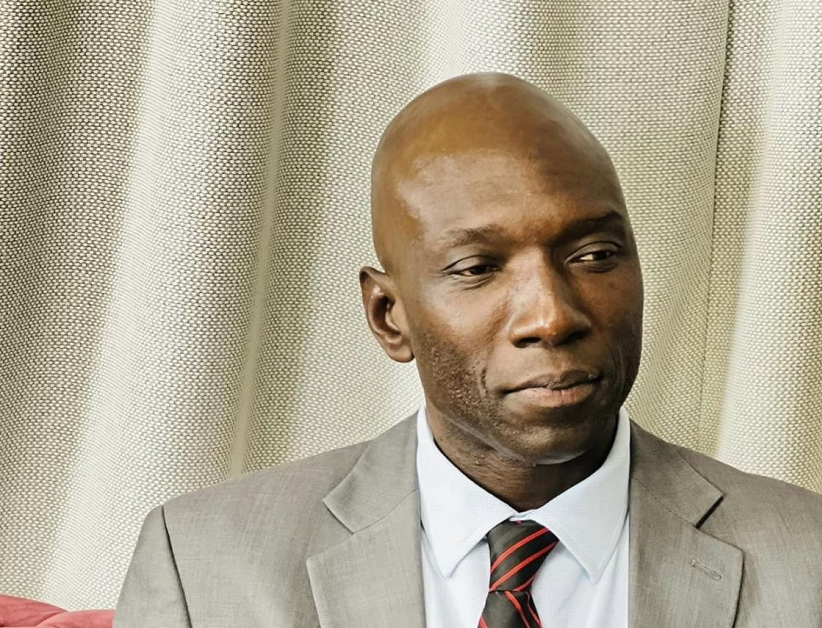As I look at housing needs of The Gambia, the rapid population growth, the greedy real estate operators (call them middle men not to abuse the English language), the costs of house rents, the widening gap between the poor and the rich, I am forced to take a reflection of a key human right element – Housing. The United Nations identifies adequate housing as a fundamental human right, defining it as “the right to live somewhere in security, peace and dignity.” It further clarifies these rights to include security of tenure, adequate conditions, protection against forced evictions and access to affordable housing. The question now is – do we have affordable housing in The Gambia, if not – what the solutions in are my few.
The race to affordable housing for all citizens is a relay race which has to have both the public and private sectors, government and non-governmental organisations and lastly – the general public.
A quick and random survey in The Gambia shows that the annual rental per year is in the region of D30,000 for a two-bedroom apartment between Brikama and Serrekunda while the likes of Brusubi, Fajara, Banjul and Kanifing are in excess of D100,000. Is this sustainable? The salary ranges anywhere between D30,000 to D100,000 per annum for lower/middle management. The question is how will those afford housing? We can cry till cows come home but the question is what are we doing about it? We can complain about government, but can government do it alone? I my humble submission, these are what we need to do as a society to help address the fundamental human right such as affordable housing.
- The national assembly to review, assess, introduce a bill which mandates all the municipalities to identify land and build council houses which will be given out to the population in their municipality in a tiered format. What do I mean by this? Build apartments of 2-4bedrooms with adequate standard and hand to civil servants at a fixed monthly fee which will be directly debited from their salaries an in any case, not more than 15% of their monthly gross salary. This ensures that the civil servants focus on service delivery. The council housing will also factor such things as religious houses, schools, hospitals, gym, football fields, recreational areas and library to allow our children to develop a strong culture of reading.
- Government parastatals to approach ministry of lands for allocation of lands (an estate) which will be built and handed to their staff depending on their salary scales. The staff will be deducted not more than 15% of their gross salary per month. The payback period may vary within the retirement period.
- Investors should be encouraged to come, build and allow to sell with option for the public to pay within a period of time.
- Establishment of a bank for housing – “bank d ’habitat’’ for people to invest in and get housing built and payback within retirement period
- Revamp SSHFC to allow contributors who have up to D500,000 to have access to an apartment or house. SSHFC should be more focuse on the contributors to the fund’s affairs than profit making. Sadly – it’s the opposite today where pensioners are reduced to beggar upon retirement.
- Approve private social security schemes for employees to choose their retirement benefit plans.
When I go to Dakar, Senegal and hear of ‘ cite douane, cite police etc’ I wonder when will we have cite GRA or cite GPA. Less we forget – our staff/people are the most important assets – we build them and succeed or don’t and live in perpetual pathetic output. The choice is ours and its as clear as the daylight.
I can go on and on, but one does not need to take a critical look at the trend on housing to deduce that in less than a century, most Gambians will be tenants in their own countries where the landlord are foreign. What is the solution? Land reforms! Should a non-Gambian be allowed to own land? This is open to debate however, what is clear is – a foreign person has higher purchasing power than the local Gambian hence its not surprising to see most of the strategic locations in The Gambia are belonging to them. Should we blame them? No – the system needs to change.
In summary – while we cherish the peace, love, security, oneness, care, neighbourliness and the list goes on and on, the day Gambians start sleeping on the streets, we will start to fight a war which will be impossible to win. Meanwhile – the housing estates are selling everything and anything from leased to freehold!
To win as a nation and as a people – lets be proactive instead of being proactive. Time is ticking and history won’t be kind to us unless we act and act NOW.
Thanks,
Ismaila BADJIE
Author in shipping, logistics and supply chain expert who has worked across West, Central, Eastern Africa in addition to Europe. He is a social commentator of pertinent issues affecting human kind always with the mindset of ‘ubuntu’ – I am because you are!




